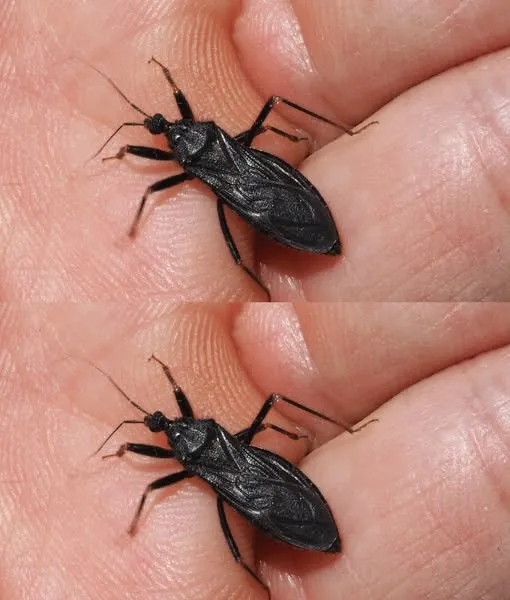Acne is a common condition that typically develops in areas of skin with a lot of oil-producing glands, such as the face, chest, and back. Cleansers, medications, and laser therapy are just some ways of treating it.
What is back acne? Back acne refers to pimples or cysts on the back. It can involve:Blackheads: Each bump has a dark dot in its center.Whiteheads: Each bump has a white center.Papules: Each small bump has no distinct “head.”Cysts: These painful or tender lumps look similar to boils and are a severe form of acne.Back acne is not a specific medical condition, but it has some unique challenges when compared to acne on the face. For example, it can be more difficult to see and reach back acne to apply treatments.Why does acne occur on the back?Like the chest and face, the back has a high density of sebaceous glands. These produce sebum, an oily substance that forms a protective coating for the skin.Sebaceous glands are attached to hair follicles or pores. If sebum or dead skin cells clog a pore, it can cause a blockage. This blockage may lead to inflammation or trap bacteria in the pore. This is how acne lesions develop.A type of yeast, Malassezia, can also cause lesions that look similar to acne. The yeast tends to overgrow in humid, sweaty environments. Because clothing, backpacks, and slings often cover the back, it can be an ideal environment for this microbe to grow.If the yeast gets into the hair follicles, it can cause a condition known as pityrosporum folliculitis. If antibacterial treatments have not worked for back acne, a person may have pityrosporum folliculitis instead.



